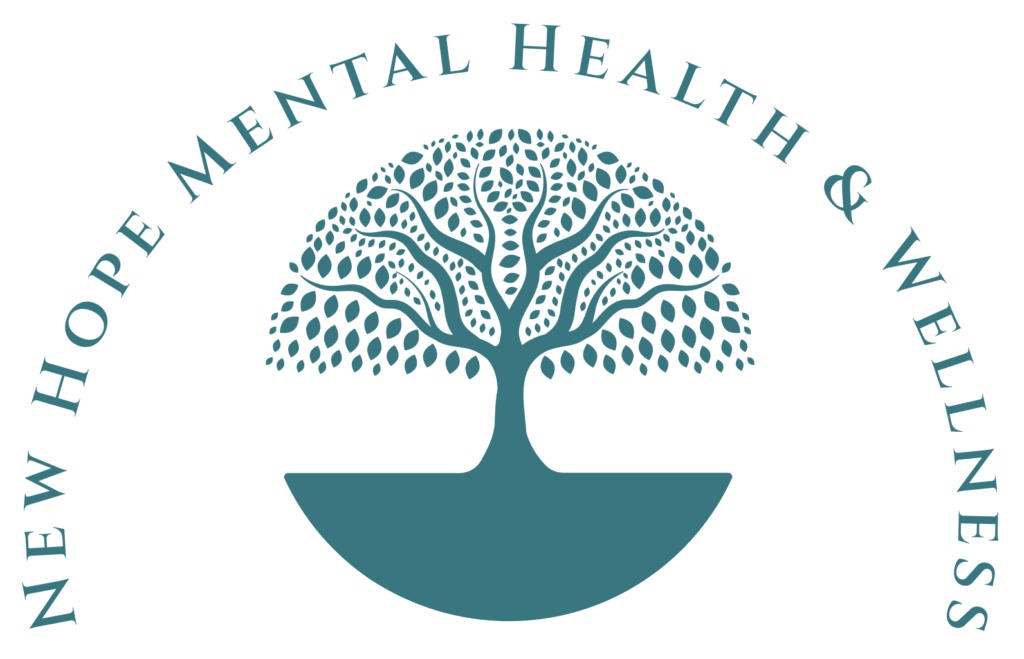Vitamin D is essential for maintaining bone health, regulating calcium absorption, and supporting the immune system. Did you know that this vitamin also impacts mental health? This article will explore the link between vitamin D and mental health and how optimizing vitamin D levels can benefit your overall well-being.
What is Vitamin D?
Vitamin D is a fat-soluble vitamin that our bodies can produce naturally when exposed to sunlight. It is also found in some foods, such as fatty fish, egg yolks, and fortified dairy products. However, many people need more vitamin D from these sources and may need supplements to meet their daily requirements.
Vitamin D and Mental Health
Research suggests that vitamin D is essential in maintaining optimal mental health. Studies have found a link between vitamin D deficiency and a higher risk of developing depression, anxiety, and other mood disorders. Low vitamin D levels have also been associated with an increased risk of cognitive decline and dementia in older adults.
One possible reason for the link between vitamin D and mental health is vitamin D’s role in regulating neurotransmitters in the brain.
Neurotransmitters transmit signals between nerve cells, and imbalances in these chemicals can lead to mood disorders. Vitamin D can also help to reduce inflammation in the body, which has been linked to depression and other mental health issues.
How to Optimize Your Vitamin D Levels
To optimize your vitamin D levels, it’s important to get enough sunlight exposure. The amount of sunlight you need can be based on various factors, such as your skin tone, location, and time of day. Generally, spending 10–15 minutes in the sun without sunscreen during peak UV hours (between 10 a.m. and 3 p.m.) each day is recommended. However, it’s important not to overexpose yourself to the sun, as this can increase your risk of skin cancer.

If you live in an area with limited sunlight or spend most of your time indoors, you may need to take a vitamin D supplement. The recommended daily vitamin D intake varies depending on age, gender, and other factors. However, most adults need between 600 and 800 IU (international units) daily vitamin D. To reach optimal levels, 1,000-2,000 units are required daily.
Vitamin D is an essential nutrient for maintaining optimal mental health. Studies have found that vitamin D deficiency can be associated with an increased risk of depression, anxiety, and cognitive decline. Optimizing your vitamin D levels through sun exposure and supplementation may alleviate symptoms of seasonal affective disorder and improve your overall well-being.
Check out New Hope’s Online Dispensary for the high-quality vitamin D products available:
https://us.fullscript.com/welcome/newhopemhw
Dr. Kameko McGuire
Psychiatric Mental Health and Family Nurse Practitioner
Founder, New Hope Mental Health and Wellness
Your one-stop shop for mental health and wellness care.




